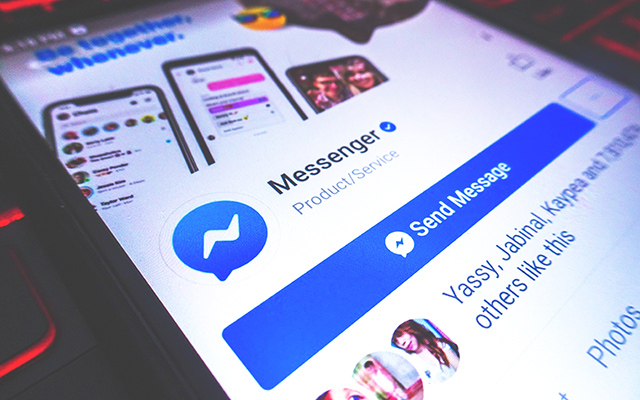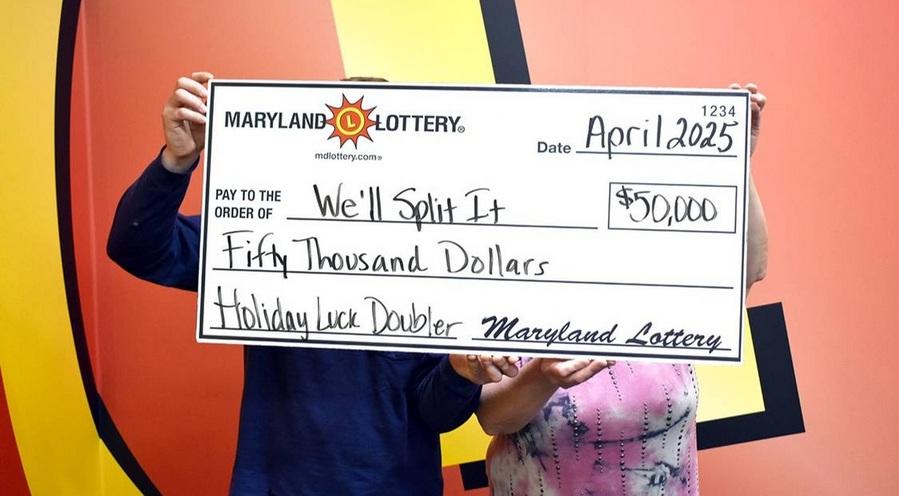
Stay away from this Lotto Scam that involves Cloned Facebook Friends
Everyone loves to win. Nothing could be better than getting a message from a friend to say they have potentially fallen into some money right out of the blue. Since they know the person who gave them the good news, there is no need to question it, right?[caption id="attachment_15561" align=aligncenter width=640]

Facebook Messenger can be targeted with lotto scams. (Image:
Pexels)[/caption]According to a post from
WA ScamNet, many people have fallen prey to a lotto scam online. The government-run watchdog combats widespread scams online. This scam has seen thousands of dollars in unexpected losses through Facebook Messenger.
Always be wary of messages offering money
An unsuspecting victim receives a message from a scammer who is posing as one of their friends. The profile may look like the real thing but in reality, it is a cloned profile from a hacker.The message states that they have been named as a recipient for some lottery winnings, and that the friend’s name was on the winner’s list as well.The victim is then asked to either click a link or contact the lottery agent to provide some details to claim their money.Some of the details required may include financial information for upfront fees that will ensure their winnings will be received.ScamNet has reported that victims have been swindled out of more than $600,000 from a lottery scam that was created by hackers who pose as trusted friends.That figure skyrockets to the millions when they combine reports of financial losses through various lotto and identity theft scams online.
Look out for these common ways to scam
The most common ways hackers gain information of unsuspecting victims is through phishing emails, fake surveys, job adverts, or people impersonating online support.In order to keep the public safe from future lottery frauds, ScamNet has started bringing awareness to this serious issue. They are helping people identify potential cons involving unexpected winnings, or anything that requires divulging personal information.Remember, if a message sounds too good to be true, it most likely is.

 Facebook Messenger can be targeted with lotto scams. (Image: Pexels)[/caption]According to a post from WA ScamNet, many people have fallen prey to a lotto scam online. The government-run watchdog combats widespread scams online. This scam has seen thousands of dollars in unexpected losses through Facebook Messenger.
Facebook Messenger can be targeted with lotto scams. (Image: Pexels)[/caption]According to a post from WA ScamNet, many people have fallen prey to a lotto scam online. The government-run watchdog combats widespread scams online. This scam has seen thousands of dollars in unexpected losses through Facebook Messenger.



